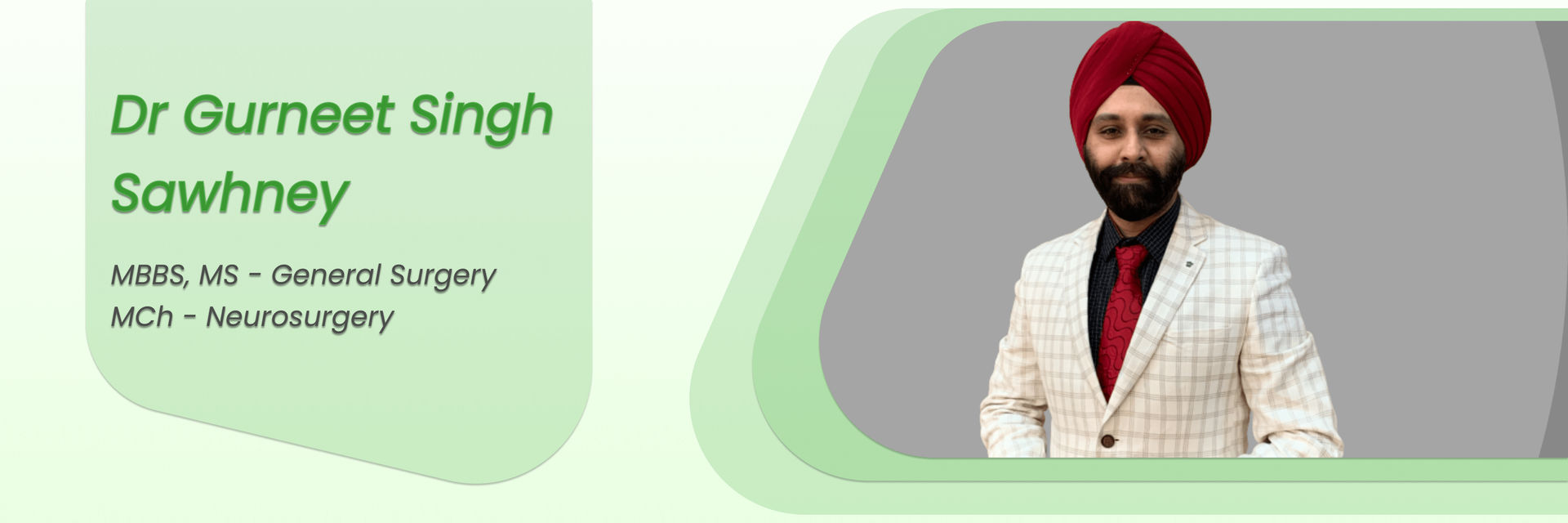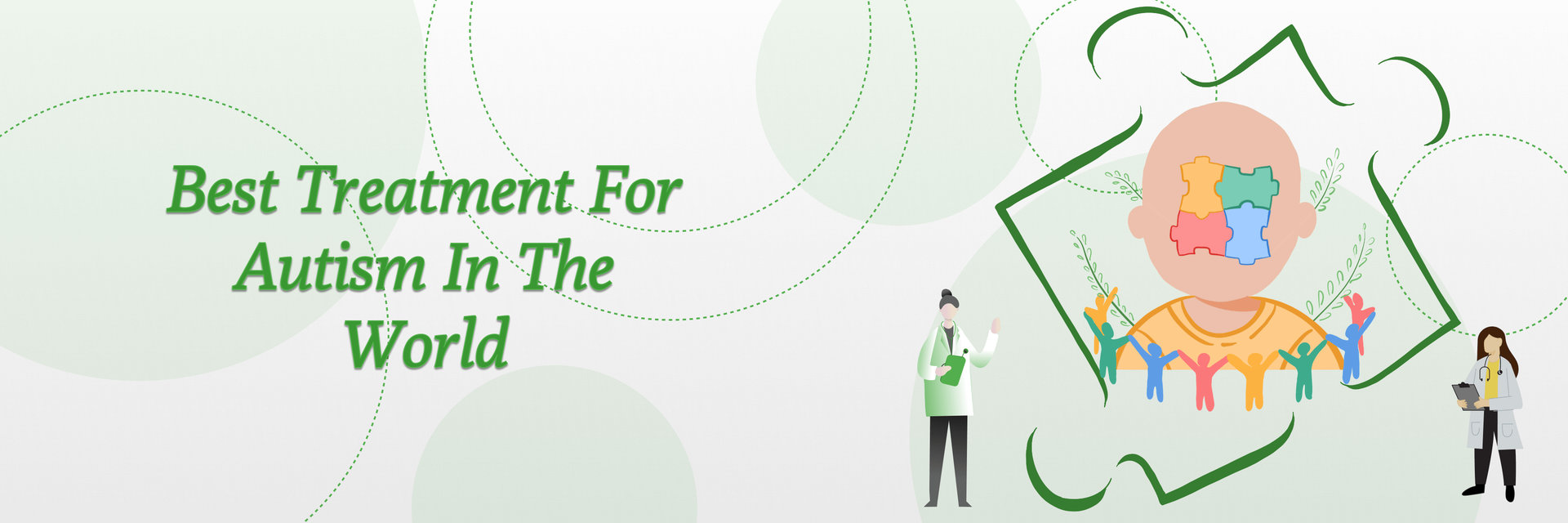Did you know that your thyroid could affect your brain health?
The thyroid gland, a small butterfly-shaped organ in your neck, plays a huge role in regulating your metabolism, energy levels, and functions. It produces hormones that are crucial for our day-to-day well-being.
Dementia is a term used to describe various symptoms of cognitive decline, like forgetfulness and confusion. It affects older adults but is not a normal part of aging. Keeping your brain healthy is as important as keeping your heart healthy. Recent global statistics reveal that about of individuals over the age of 65 experience some form of dementia. Meanwhile, thyroid disorders affect up to 5% of the population worldwide.
Dr. Babita Goel, an experienced general physician in Mumbai, stated, "Both hypo- and hyperthyroidism can affect cognitive function and heighten dementia risk. Prioritizing regular thyroid monitoring and management is crucial for individuals with thyroid conditions to lessen potential cognitive decline risks. Early detection and intervention are vital for addressing cognitive changes linked to thyroid dysfunction."
In this blog, we're exploring these two different aspects of health. We will explore whether there’s a link between malfunctioning thyroid glands and the risk of developing dementia.
Keep reading to discover how your thyroid health could be playing a role in your cognitive health!
Understanding the Thyroid Gland
Here's a quick look at common issues with the thyroid:
- Hypothyroidism: The thyroid is lazy and doesn’t make enough hormones. This can make you feel tired, gain weight, and feel down.
- Hyperthyroidism: The thyroid is too active. It makes too many hormones, causing weight loss, fast heartbeat, and nervousness.
Doctors perform a simple blood test to determine whether your thyroid is not working properly. The test checks the levels of thyroid hormones in your body.
Did you know that forgetting things often might be more than absent-mindedness?
Overview of Dementia
Dementia isn't a specific disease but a general term for a decline in mental ability severe enough to interfere with daily life. It affects memory, thinking, and social abilities.
Here are some common types of dementia:
- Alzheimer's disease: The most well-known type, making up about 60-80% of cases.
- Vascular dementia: Usually occurs after a stroke, affecting blood flow to the brain.
The progression of dementia can be broken down into stages:
- Early stage: Small memory lapses that might not be obvious.
- Middle stage: Increased memory loss and confusion, needing more help with daily tasks.
- Late stage: Severe memory loss and physical difficulties, requiring full-time care.
Noticing changes in memory or thinking skills in yourself or someone else? Talking to a neurologist about any signs you’re noticing is important.
What if the secret to a healthy brain lies in your thyroid gland?
The Connection Between Thyroid Function and Dementia
Research shows that your thyroid health might have more to do with your brain than you think. Thyroid hormones are vital for brain health, helping your brain cells work.
Dr. Gurneet Sawhney, an experienced neuro and spine surgeon in Mumbai, shared his insights, "The thyroid plays a crucial role in regulating metabolism and brain function, and disruptions in thyroid hormone levels can impact cognitive health. Patients with thyroid disorders need to undergo thorough evaluation and management to mitigate the risk of cognitive decline. Collaborating with endocrinologists and other specialists can help ensure comprehensive care for individuals at risk of dementia related to thyroid dysfunction."
Here's how thyroid hormones impact your brain and cognition:
- Brain Development: Thyroid hormones are crucial for brain development and ongoing brain function.
- Cognitive Functions: They help maintain memory, learning, and problem-solving skills.
Studies have found that both too little and too much thyroid hormone can increase the risk of dementia:
- Hypothyroidism: People with low levels of thyroid hormone have a higher risk of developing brain function issues, including dementia.
- Hyperthyroidism: Likewise, too much thyroid hormone can also lead to problems with brain health.
Maintaining thyroid health could be key to a sharp mind. Consider getting your thyroid levels checked if you’re concerned about cognitive changes.
Diagnosing and Treating Thyroid-related Cognitive Issues
It might be your thyroid affecting your brain. When someone starts having trouble with memory or seems more confused than usual, it's worth checking if the thyroid might be involved. This is especially true if there are other symptoms like changes in weight, mood, or energy levels.
Here’s what doctors do to check for thyroid problems:
- Blood Tests: Simple tests can measure your thyroid hormone levels and tell if they're too high or too low.
- Thyroid Function Tests: These look at how well your thyroid is working.
If a thyroid disorder is found, treating it can help with brain health:
- Medication: Pills can boost low thyroid hormone levels or reduce high ones.
- Regular Check-ups: Keeping an eye on hormone levels over time is key.
- Lifestyle Changes: Sometimes, adjusting diet and exercise can also help manage symptoms.
Preventive Measures and Lifestyle Choices
It’s all about balance and good habits. Keeping your thyroid healthy is crucial, not only for your metabolism but also for your brain.
Here’s how to help maintain optimal thyroid health:
- Diet: Eat foods rich in iodine, selenium, and zinc, like seafood, nuts, and dairy.
- Exercise: Regular physical activity helps regulate hormones and keeps your body systems running.
- Regular Check-Ups: Catching thyroid issues early can make a big difference. Regular visits to your doctor for blood tests can help you monitor your thyroid function.
To reduce the risk of dementia, consider these lifestyle adjustments:
- Mental Exercises: Keep your brain active with puzzles, reading, or learning new skills.
- Social Engagement: Staying active can protect against cognitive decline.
- Heart Health: What’s good for the heart is good for the brain, so manage stress, blood pressure, and cholesterol.
Want to do everything you can to stay sharp and healthy?
Start with regular health check-ups and mindful lifestyle choices to support thyroid and brain health. Call us to book your appointment today and take expert guidance
Conclusion
Keeping your thyroid and brain healthy might be more connected than you thought. Disorders like hypothyroidism and hyperthyroidism can affect not only your body but also your mind, increasing the risk of developing dementia.
Regular check-ups can catch thyroid issues before they impact your cognitive health. Eating well, staying active, and keeping your mind engaged are all key strategies for maintaining thyroid and brain health.
Awareness is the first step towards prevention. Understanding the signs and symptoms of thyroid dysfunction and dementia can lead to earlier detection and better management.
FAQs
1. Can thyroid problems increase the risk of developing dementia?
Yes, thyroid disorders, especially hypothyroidism (an underactive thyroid), have been linked to an increased risk of cognitive decline and dementia. Thyroid hormones play a vital role in brain function, and imbalances can affect memory and other mental abilities.
2. Can treating thyroid disorders help prevent dementia?
Treating thyroid disorders, especially hypothyroidism, may help reduce the risk of cognitive decline. Regular monitoring and proper management of thyroid hormone levels can improve cognitive symptoms and potentially lower the risk of developing dementia.
3. Are older adults with thyroid problems more prone to dementia?
Older adults with thyroid disorders, especially those with untreated or poorly managed conditions, may have a higher risk of cognitive decline and dementia. The risk may be higher in older women due to the higher prevalence of thyroid issues in this group.
Reference
https://www.ncbi.nlm.nih.gov/pmc/articles/PMC3147246/







